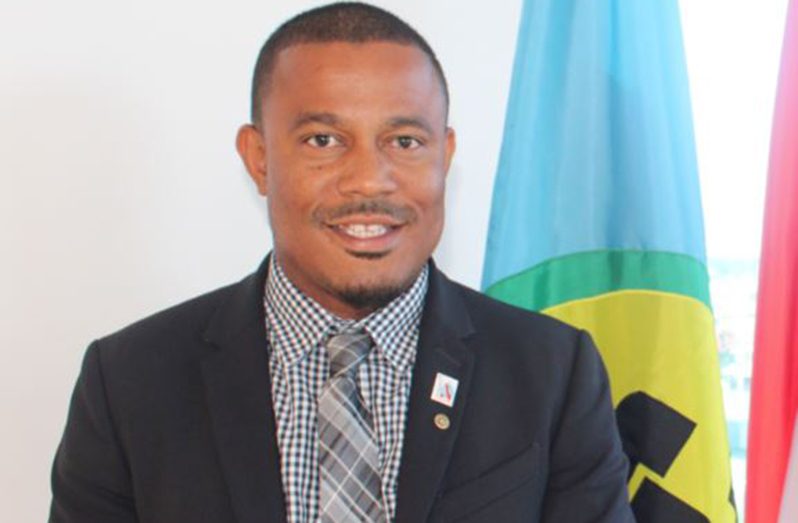…as an innovative testing strategy to scale up testing, reach more people
AS the world observes World AIDS Day today, December 1, stakeholders across the Caribbean have begun advocating for greater use of HIV self-testing kits which are expected to encourage more persons to get tested.
Director of the Pan Caribbean Partnership (PANCAP) against HIV and AIDS, Dr. Rosmond Adams, led the advocacy for HIV self-testing during a forum held on Monday to commemorate today’s observance.
“The [HIV] epidemic is changing and so must our response also. We cannot sit and we cannot continue to debate how we can increase testing and increase the number of people who know their HIV status without seizing the opportunity to explore and implement initiatives such as HIV self-testing,” he emphasised.
According to the World Health Organisation (WHO), Acquired Immunodeficiency Syndrome (AIDS) is a chronic, potentially life-threatening condition which is caused by the Human Immunodeficiency Virus (HIV). The virus causes harm to the immune system and resultantly, interferes with the body’s ability to fight infection and disease.
The fight against HIV/AIDS has been a long one in the Caribbean, which is continuously hampered by limited resources and support, and widespread stigmatisation and discrimination. Though gains have been made over the years, there is much more to be done. In fact, by the end of 2020, it was hoped that the 90-90-90 treatment for all would have been achieved. But with just one final month left in the year, UNAIDS Caribbean Director Dr. James Guwani highlighted at Monday’s forum that the Caribbean will not achieve these targets.
The 90-90-90 targets are: by 2020, 90% of all people living with HIV will know their HIV status; 90% of all people with diagnosed HIV infection will receive sustained antiretroviral therapy; and 90% of all people receiving antiretroviral therapy will have viral suppression.
The COVID-19 pandemic too has further diminished the fight against this disease; in fact, member of the Community of Positive Women in the Caribbean, Deneen Moore highlighted that this pandemic has limited the number of health services which can be readily and discretely accessed by persons living with HIV and it has impacted individuals’ socio-economic situations, which present barriers to adequate testing and medical services for HIV.
But Dr. Adams posited that HIV self-testing is a safe, effective and simple tool which can help.
“It empowers individuals and puts the responsibility right into our hands. It will also increase the number of HIV testing services, especially in populations with low access to testing and those at higher risk that will not be tested,” he said.
Through this test, oral or blood samples can be taken, the HIV test is performed and the results can be interpreted in private. However, all reactive results — that is, results which show that there are antibodies present that attempt to fight off HIV have been detected — must be confirmed. This confirmation means that persons should get re-tested to know whether they are HIV positive or not.
Director of the Caribbean Med Labs Foundation, Valerie Wilson, noted at this forum too that the foundation will be conducting pilot testing in a few countries in the Caribbean in order to establish a verification process for self-testing and to demonstrate its effectiveness and feasibility.
“The purpose of this pilot is to support the verification and the feasibility of HIV self-testing… and how it can be utilised in health facilities and in communities,” Wilson said.
Dr. Adams said PANCAP is committed to supporting countries in implementing combination HIV-prevention programmes with an aim to reach everyone and to ensure that no one will be left behind. In addition to self-testing, he said that multi-month dispensing of antiretroviral (ARV) drugs and the use of digital technology to offer services virtually should be looked at.
In his World AIDS Day statement, Dr. Adams highlighted, “I do believe that despite the challenges of 2020, our Region can amplify the HIV response and fulfil the mandate of the Caribbean Regional Strategic Framework on HIV and AIDS (CRSF) of a Caribbean free of AIDS and new HIV infections, in which all people are happier, healthier, productive, safe and respected.”




.png)









